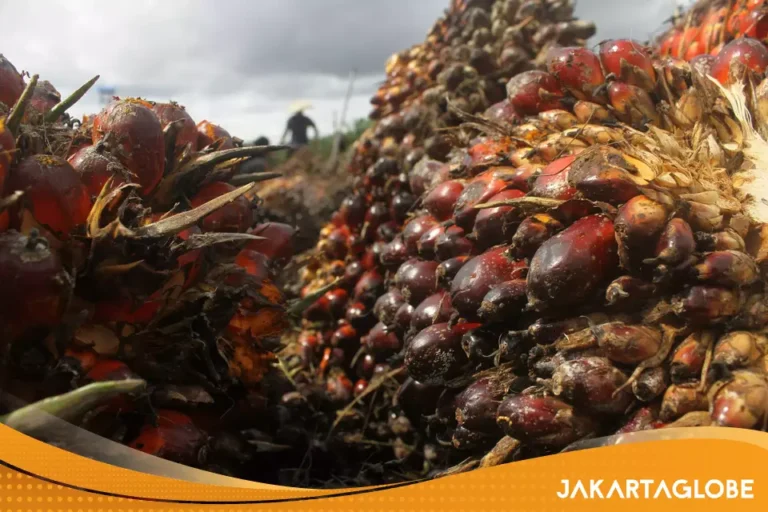Bangka Belitung. Indonesia is stepping up efforts to counter the European Union’s Deforestation Prevention Regulation (UEDR), which aims to stop deforestation-related products from entering the European market.
Indonesia and Malaysia, the two biggest palm oil producers, are due to send delegations to Brussels in September 2024 to negotiate with the EU to address concerns that the regulations unfairly target Indonesian palm oil and other forest products.
Indonesian Palm Oil Association (GapkiI) president Eddy Martono stressed that Indonesia will not sit idly by.
“The government is giving us our full support to ensure that the implementation of the EUDR does not put undue burden on us. We will be visiting Brussels in September to attend the European Union-Malaysia Joint Task Force (JTF) meeting,” Martono told Beritasatu.com in Bangka Belitung on Thursday.
Time is of the essence, as the EUDR is due to come into force by the end of December 2024. The Joint Task Force meeting on 12 September will be the third, following previous consultations held with Indonesia, Malaysia and the EU on 4 August 2023 and 2 February 2024.
Gapke said the impact of the regulations has yet to be felt by the domestic palm oil industry, but stressed that smallholder farmers will be disproportionately affected when they come into force.
“If implemented, small farmers will be the first to suffer. Unlike large companies, who are already subject to a blanket moratorium under Presidential Decree No. 5/2019, small farmers do not face the same restrictions and could be excluded from supply chains,” Martenot explained.
Europe remains Indonesia’s third largest export market after China and India, with annual exports of 4.2-4.3 million tonnes. Besides palm oil, other Indonesian forestry products such as cocoa, coffee, rubber and timber products are also at risk of being affected by the EUDR.
Tags: Keywords:


